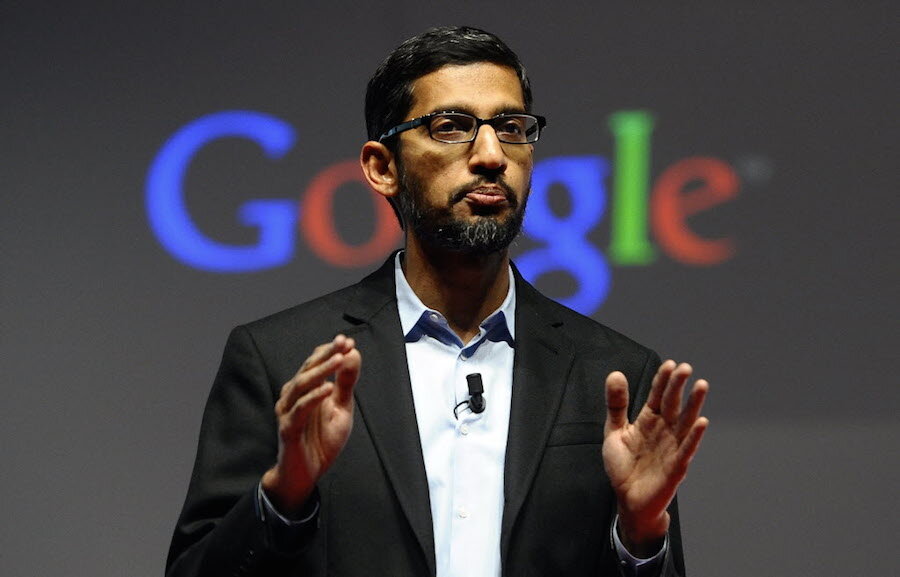Focus on Internet's potential more than its problems
Loading...
Much has changed since the last global summit on the Digital Age in 2005. Back then the main focus was on the benefits of the Internet. The summit set a goal to bring 50 percent of the world online by 2015. This December, however, when heads of state meet again to consider the emerging “information society,” the focus is expected to be more on what’s wrong with the Internet and how to correct it.
Just scan the news to see all the hand-wringing. Internet fraud is rampant. American tech companies like Google, Apple, and Amazon are too dominant. Cyberattacks, cyberspying, and cyberpiracy are on the rise. More users worry about privacy or government snooping and censorship.
These are not trivial worries. Internet freedom, for example, has declined for the past four years, reports the watchdog organization Freedom House. Identity theft is huge for anyone who experiences it. All of Europe, once a giant source of innovation, can barely match Silicon Valley.
These concerns, however, must be put in a healthy perspective at global conferences about digital rules. One important setting: the negotiations for the Trans-Pacific Partnership, which may conclude this year. The TPP would create a free-trade zone spanning 40 percent of the world economy and set significant precedents for rules in digital transactions.
The Internet has raised difficult issues about national and personal sovereignty, the nature of competition (such as Uber), and power dynamics between countries, such as China and the United States. But in the run-up to the coming summit, a United Nations report on the “information economy” makes a case for the continuing need to unlock the Internet’s potential, especially for developing countries. “The importance of e-commerce has increased substantially in the past decade,” notes the report by the UN Conference on Trade and Development.
For starters, most of the Internet’s benefits have not gone to Internet companies but to consumers and traditional industries. By 2013, digital transactions between businesses worldwide had reached $15 trillion. That is about 10 times the amount for business-to-consumer transactions, such as online sales. The Internet’s ability to transmit data across borders has also accelerated a global shift to a service economy. Service industries, such as banking, have become the dominant sector, creating nearly half of all jobs.
About a third of humanity can now use mobile networks. The global focus must remain on the openness, accessibility, and benefits of the Digital Age. Solutions to the Internet’s problems are not easy. But its promise outweighs its pitfalls, and must remain the main reason nations come together to discuss it.





